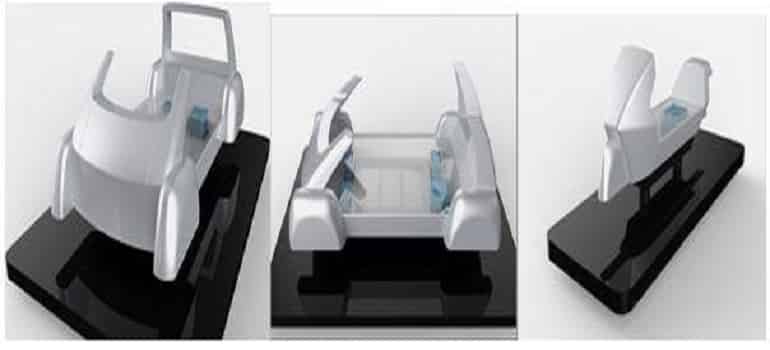 Panasonic Corporation announced that it has developed a scalable “ePowertrain” platform, a solution for the effective development of small electric vehicles (EVs).
Panasonic Corporation announced that it has developed a scalable “ePowertrain” platform, a solution for the effective development of small electric vehicles (EVs).
Panasonic’s ePowertrain is a systematized application of devices used in the EVs of major global carmakers, and is intended to contribute to the advancement of the coming mobility society.
Global demand for EVs is expected to expand rapidly, along with a wide variety of new mobility. These include not only conventional passenger vehicles but also new types of EVs, such as EV bikes and micro EVs, which suit various lifestyles and uses in each region.
The platform Panasonic has developed for EV bikes and micro EVs is an energy-efficient, safe powertrain that features integrated compactness, high efficiency, and flexible scalability.
It consists of basic units, including a power unit (with an on-board charger, junction box, inverter and DC-to-DC converter) and a motor unit.
The platform will help reduce costs and lead time for vehicle development by scaling up or down the combination of basic units in accordance with vehicle specifications such as size, speed and torque.
Panasonic has developed and delivered a wide range of components—including batteries, on-board chargers, film capacitors, DC-to-DC converters and relays—specifically for EVs, plug-in hybrids, and hybrid EVs.
Panasonic will continue to contribute to the global growth in EVs through system development that makes use of the strengths of our devices.
Panasonic Corporation is showcasing mockups to illustrate the concept of scalable “ePowertrain” platform at the Solutions Area in the Panasonic booth at CES 2018 in Las Vegas.
ALSO READ:
Fisker EMotion Electric Luxury Sedan and Flexible Solid-State Battery Launched at CES 2018
Electra Meccanica’s All-Electric, One-Seater SOLO to Appear at ShowStoppers @ CES 2018
Hriman Motors to Exhibit its First Electric Car 200km Range and an Infinite Battery

